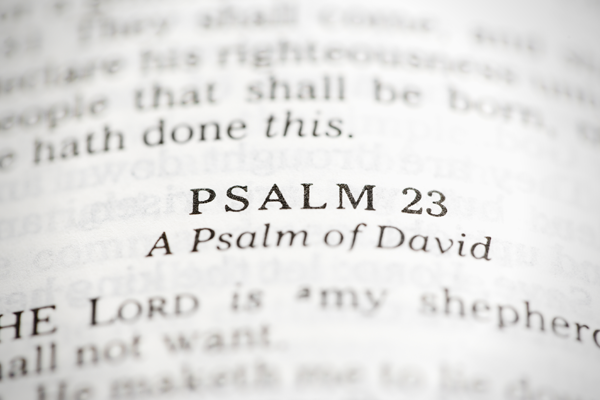
The Sinister Power of Guilt
June 2, 2021
Madurez
June 15, 2021The Core Problem

Imagine the following scene: Bart is driving down the road in his car when he notices the warning light on the dashboard reading overheated. It is red and flashing. Bart is worried about his car, so he pulls over to the shoulder so he can think about what to do. He knows he cannot drive the car with that red flashing light because he might damage the vehicle. Then he remembers that he has some masking tape in the glove compartment. Bart tears off a piece of the tape and neatly places it over the warning light (sometimes called idiot lights). He immediately feels better and resumes driving, knowing that he solved the problem. Do you think he solved the problem? No, of course not. He only masked the problem. The actual core problem remains. This illustration makes us laugh because we know no one would be this ridiculous. However, in real life, people do this all the time.
A marriage is on the rocks, so the husband spends $5,000 to bring home a new ring to his wife and thinks he has solved the problem. A woman has an addiction to spending money. Her husband is worried that she is mismanaging their money. She shows him some of their debts but keeps the biggest debts secret. A woman confronts her husband for his refusal to talk about their problems. He gets angry, so she gets quiet, and he feels the issue is resolved. It all boils down to a refusal to deal with the core problem. It is a denial of any responsibility and a deflection of the blame to someone else. When things go wrong, we feel compelled to deflect the blame toward someone else and not ourselves.
This was the case with King Ahab when God sent a drought of 3 ½ years to his kingdom. He blamed the prophet Elijah who had announced the drought. Elijah came out of isolation at God’s instruction and appeared to Ahab. Upon seeing the prophet, he said, “Is that you, you troubler of Israel?” (1 Kings 18:17). Elijah’s response was quick, “I have not made trouble for Israel,” … “But you and your father’s family have. You have abandoned the Lord’s commands and have followed the Baals.”
The purpose of the drought was not to make the people suffer for God’s pleasure but demonstrate to them the emptiness and uselessness of Baal worship, the supposed god of the rain, in whom Ahab and his people had embraced. The king and his queen had led the people of Israel away from God’s commands. Ahab represents all sinners in the way he blames someone else and God for his troubles. Ahab never thought about repenting and turning away from his rebellious ways.
Compare Ahab and Job. Job also suffered, but instead of blaming God, he trusted God. He clung to God,
“My feet have closely followed his steps; I have kept to his way without turning aside. I have not departed from the commands of his lips; I have treasured the words of his mouth more than my daily bread…” (Job 23:11-12).
Job sees God’s footprints, and he steps into them. He does not turn to the left or the right but follows in the path of the Lord. He does not reject God’s commands but embraces them. In fact, he loves God’s word more than his daily bread. He does not see himself with arrogance; instead, he sees God as sovereign over all, and no one can oppose him. When Job thinks of God and his plans, he stands in awe—awe of God!



